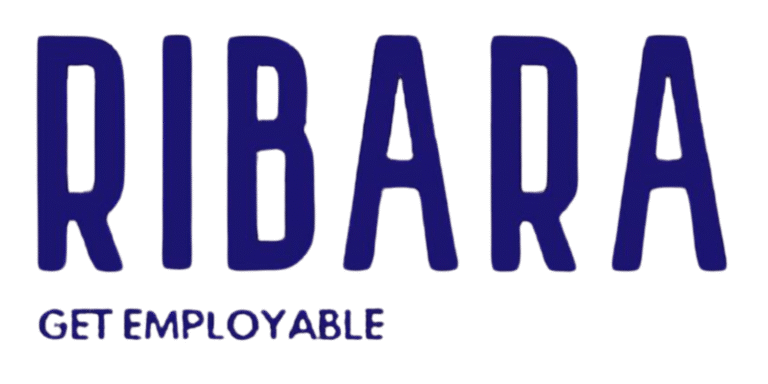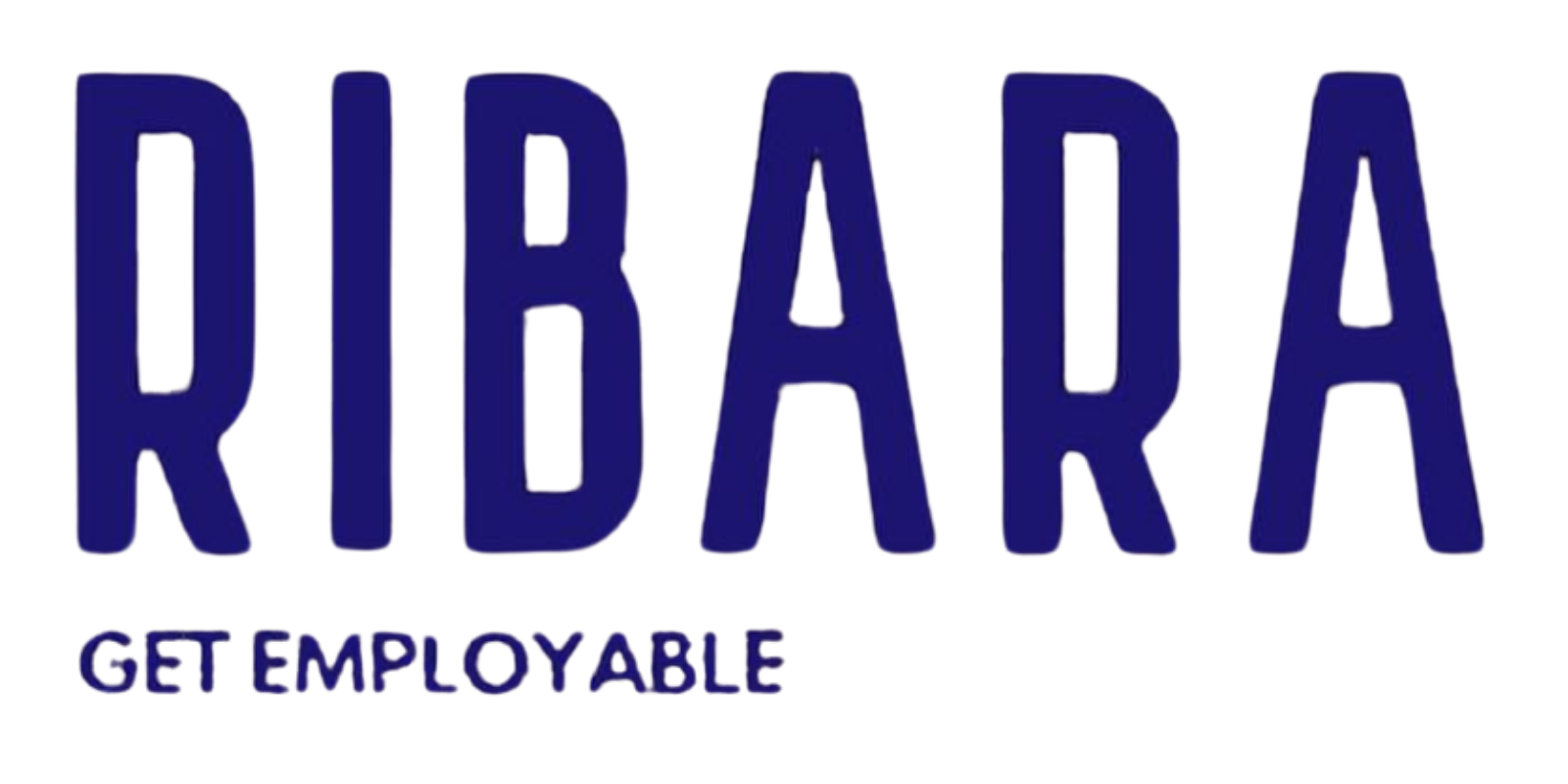The transition from university to the workforce has always been a significant milestone for students. However, in recent years, a growing disconnect between what universities are offering and what the industry requires from graduates has become increasingly apparent. Many students graduate with degrees only to find that they are ill-prepared for the demands of the modern job market. This blog will explore the reasons behind this gap and how platforms like Ribara can play a crucial role in bridging it.
Universities have long been seen as the bedrock of higher education, providing students with the knowledge and skills necessary for their future careers. However, the traditional curriculum is often slow to adapt to the rapidly changing demands of the workforce. Courses that were relevant a decade ago may no longer provide the skills needed in today’s fast-paced, technology-driven industries. Additionally, the emphasis on theoretical knowledge over practical application leaves students with limited real-world experience, which is critical for success in many industries.
From the industry’s point of view, there is a growing frustration with the lack of job-ready graduates. Employers are seeking candidates with specific skills, such as data analysis, digital marketing, coding, and project management, but often find that recent graduates lack these essential abilities. The pace at which industries evolve means that the skills in demand today may not have been included in university programs designed several years ago. This misalignment leads to a situation where graduates struggle to find employment, and employers struggle to find suitable candidates.
Consider the case of John, a recent computer science graduate who excelled academically but found it challenging to secure a job in the tech industry. Despite his strong programming foundation, he lacked experience in cloud computing and machine learning, two skills that were in high demand by employers. Similarly, Sarah, a marketing graduate, struggled to adapt to the digital marketing landscape because her university program focused primarily on traditional marketing methods.
The gap between university education and industry needs is a pressing issue that requires attention from both educational institutions and the industry. Platforms like Ribara can play a pivotal role in bridging this gap by connecting students with industry-relevant opportunities, providing access to the latest skill-building resources, and offering mentorship from industry professionals. By fostering collaboration between universities, industries, and students, Ribara can help ensure that graduates are better prepared to meet the demands of the modern workforce.




